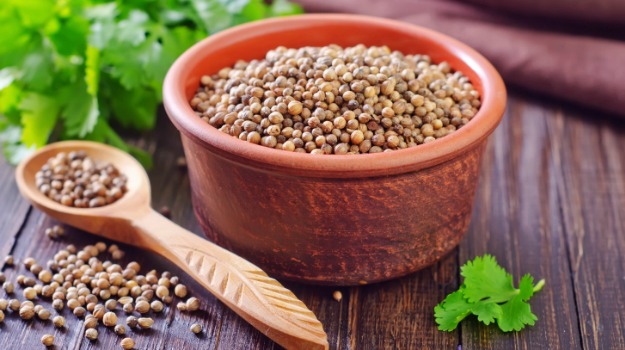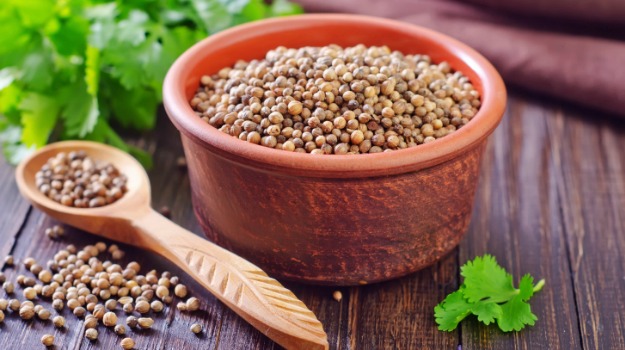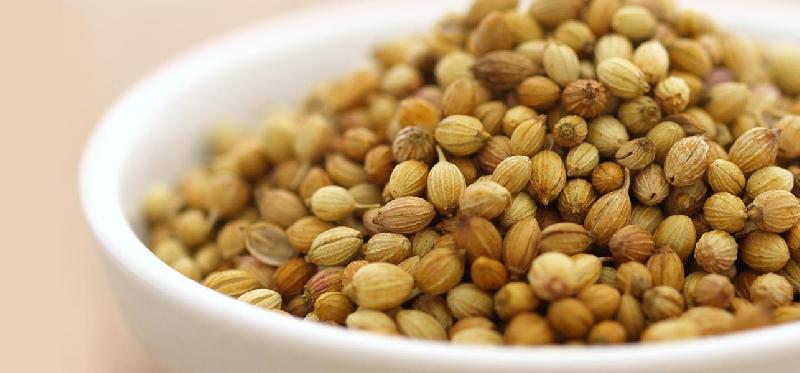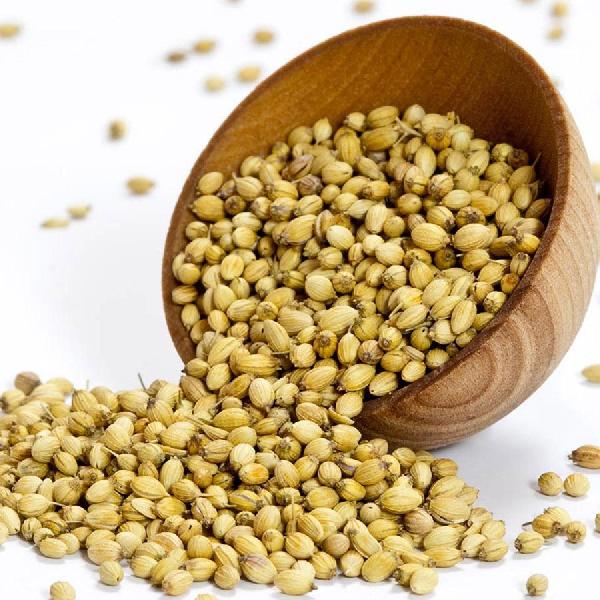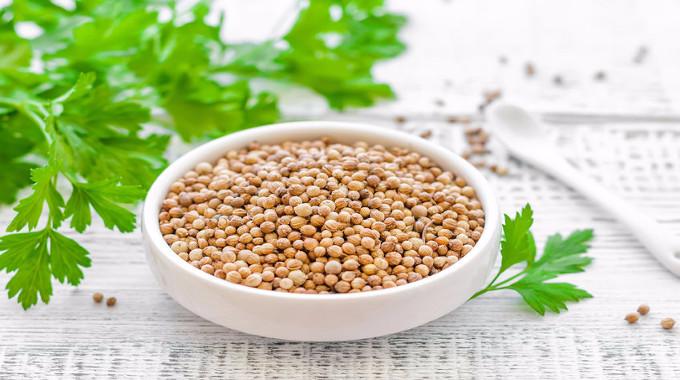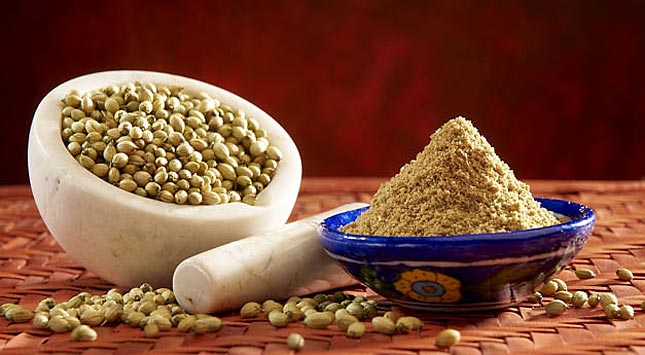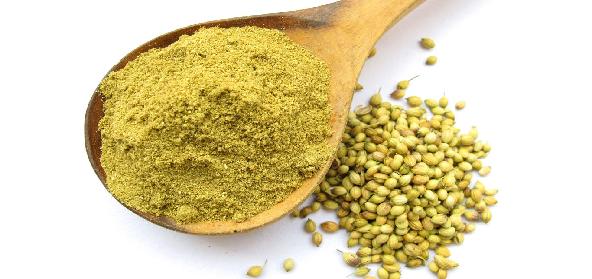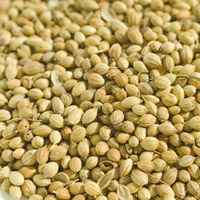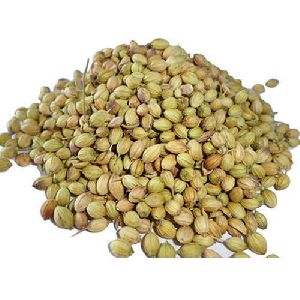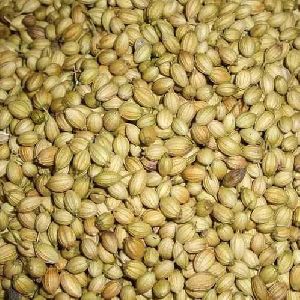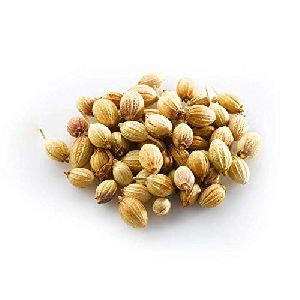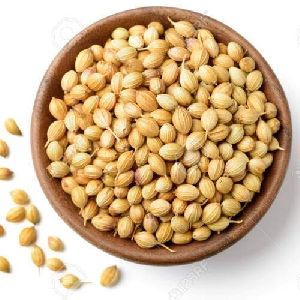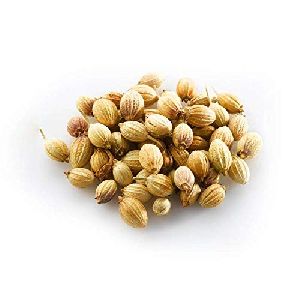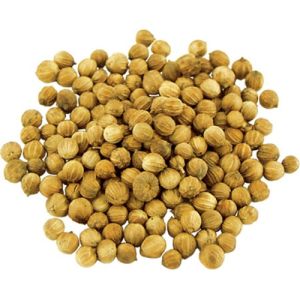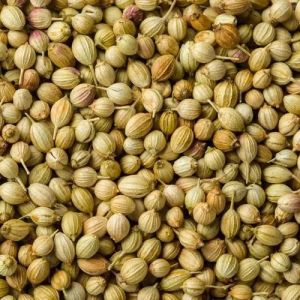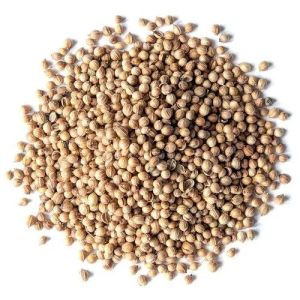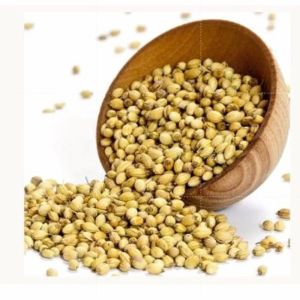Listing ID #2565368
Company Information
Ask for more detail from the seller
Contact SupplierHave you ever caught up with gripping stomach pain? Drinking a few sips of extraction obtained from coriander seeds, dill, caraway, fennel, and aniseed from your granny's kitchen spice-box perhaps would be the most effective carminative remedy for this ailment! Coriander is a small, hollow-stemmed plant in the Apiaceae family, in the genus: Coriandum. Its scientific name is Coriandum sativum. Pleasant, aromatic and spicy, its seeds have been found utility since ancient times in cooking as well as in various traditional medicines.
Coriander is native to South-Eastern Europe and grown extensively all over the Europe, Middle East, China, India, and Turkey. It is recognized as cilantro in the west. This herbaceous plant grows up to 2 feet in height with branching stems, featuring deep green soft, hairless bi or tri-lobed leaves. The mature plant bears small light pink color flowers that subsequently turn into globular or oval-shaped fruits (seeds). The seeds measure about 4-6 mm in diameter with central hollow cavity containing two vertical vittae containing some important essential oils. Coriander seeds can be ready for harvest when the plant turn brown and its leaves begin to dry and fall. Immature seeds are light green and taste bitter. To harvest, the crop is cut, tied in small bundles, and sun-dried for several days. Traditionally, to separate the seeds, either the sheaves are beaten with stick or a lightweight roller used to wear off the pods.
Health benefits of coriander seeds :
Selection and storage :
Culinary uses :
Dried coriander seeds are one of the common spice ingredients used worldwide. In general, completely dried seeds gently roasted under low flame just before milling in order to get fine powder. Roasting releases special aromatic compounds and essential oils in the seeds.
Here are some serving methods :
Coriander seeds are used as flavoring agent in confectionary, stews, sausages, sweet breads, and cakes.
Coriander leaves as well as seeds are being used as an aromatic spice in Chinese, Indian, Pakistani, Middle-eastern and European cooking.
Russian dark rye bread, "Borodinsky bread" uses coriander seeds.
In India, ground powder of coriander seeds is a common household spice powder that is used in pickling, chutneys, stews, curries, marinades as well as in sausages.
Medicinal uses :
| Principle | Nutrient Value | Percentage of RDA |
|---|---|---|
| Energy | 298 Kcal | 0.15 |
| Carbohydrates | 54.99 g | 0.42 |
| Protein | 12.37 g | 0.22 |
| Total Fat | 17.77 g | 0.6 |
| Cholesterol | 0 mg | 0 |
| Dietary Fiber | 41.9 g | 1.1 |
| Vitamins | ||
| Folates | 1 µg | <1% |
| Niacin | 2.130 mg | 0.13 |
| Riboflavin | 0.290 mg | 0.22 |
| Thiamin | 0.239 mg | 0.2 |
| Vitamin A | 0 IU | 0 |
| Vitamin C | 21 mg | 0.35 |
| Electrolytes | ||
| Sodium | 35 mg | 0.02 |
| Potassium | 1267 mg | 0.27 |
| Minerals | ||
| Calcium | 709 mg | 0.71 |
| Copper | 0.975 mg | 1.08 |
| Iron | 16.32 mg | 2.04 |
| Magnesium | 330 mg | 0.83 |
| Manganese | 1.900 mg | 0.82 |
| Phosphorus | 409 mg | 0.39 |
| Zinc | 4.70 mg | 0.43 |
